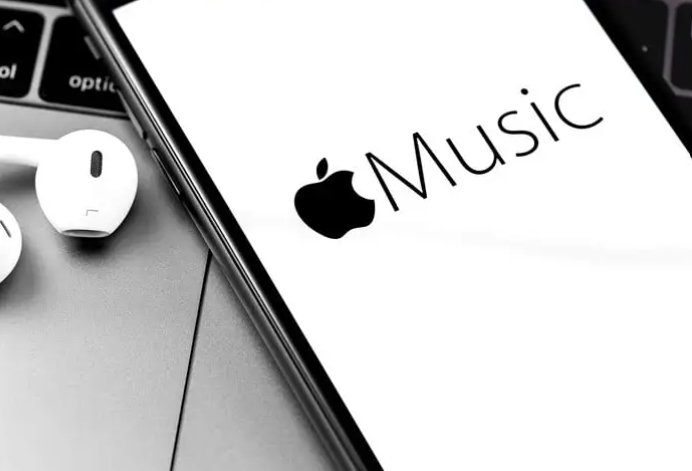In a recent ruling that may have Apple executives feeling the pinch, the European Commission has slapped the tech giant with a hefty 1.8 billion euro ($1.95 billion) fine for what it deems as an abuse of its dominant position in the music streaming market.
According to the Commission, Apple has been wielding its power unfairly by imposing restrictions on app developers. These restrictions, the Commission alleges, have prevented developers from informing iOS users about alternative and potentially cheaper music subscription services available outside of the App Store.
Apple’s rules also banned developers from providing instructions on how users could subscribe to these alternative services. This, the Commission argues, has led to higher prices for music streaming subscriptions on the Apple App Store, as developers are forced to pass on the high commission fees imposed by Apple to consumers.
This is not the first time Apple has come under fire for its business practices. The Commission launched an investigation into Apple following a complaint from Spotify in 2019. The probe focused on contractual restrictions that Apple imposed on app developers, preventing them from informing users of alternative music subscription services at lower prices outside of the App Store.
In response to the fine, Apple has pushed back, stating that Spotify stands to benefit the most from the EU’s decision. Apple argues that Spotify, with a 56 percent share of Europe’s music streaming market, pays Apple nothing for the services that have contributed to its success.
While Apple has called the fine a “speeding ticket” relative to its scale, the Commission sees it as a necessary step to ensure fair competition in the market. The Commission has ordered Apple to remove the so-called “anti-steering provisions” and to refrain from similar practices in the future.
This ruling comes at a time when the EU is increasing scrutiny of Big Tech firms. Apple, along with other tech giants, has been designated as a “gatekeeper” under the Digital Markets Act, which aims to clamp down on anti-competitive practices and force these companies to open up some of their services to other competitors.
With tensions between Big Tech and Brussels on the rise, it remains to be seen how Apple will navigate the changing regulatory landscape in Europe.
(Source: The Verge | Reuters | HuffPost)









